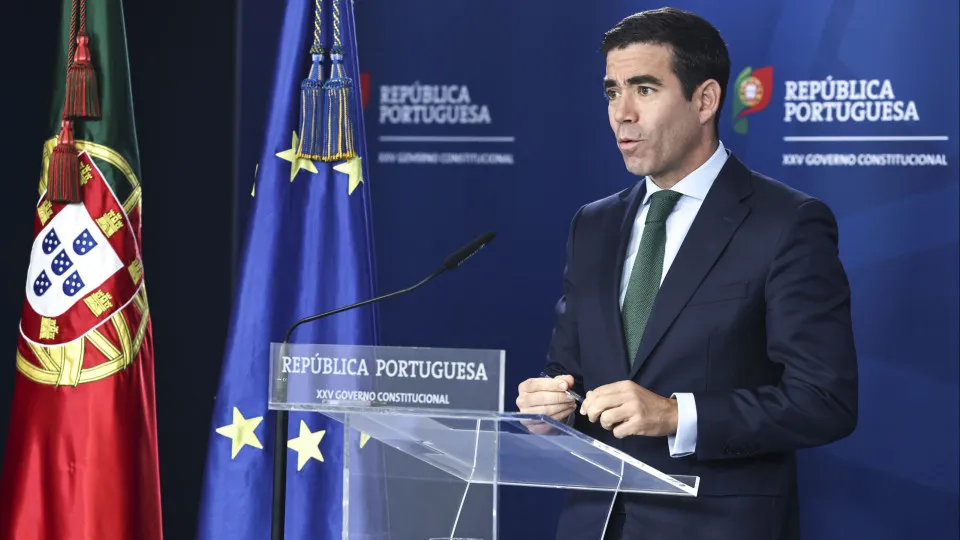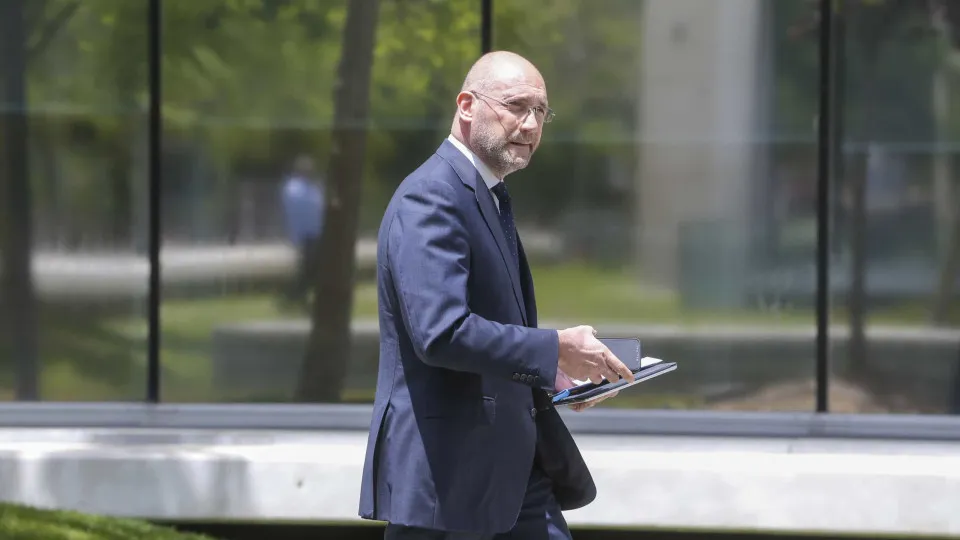
“Our immigration policy was presented and explained to the governments of those countries,” said António Leitão Amaro during a press conference following the council of ministers, on the day the President of the Republic enacted the so-called foreigners’ law.
Recalling examples such as the summit with Brazil earlier this year and the recent State visit by the President of Angola, the minister assured that the administration he is part of “greatly values the relationship with these governments.”
“We are very calm, and all discussions that should have been held between governments were frankly held between brother countries’ governments and leaders who have a high mutual respect for each other,” he emphasized.
António Leitão Amaro stated that the changes in immigration policy also include the nationality law, which he described as “important but makes obtaining nationality more demanding.”
In response to journalists, the Minister of the Presidency further asserted that the immigration policies adopted “provide a more dignified and favorable treatment” to CPLP citizens than to others and also “more favorable and more dignified” than what occurred before the current Government took office.
Leitão Amaro recalled that 220,000 citizens from CPLP countries “did not have a card, they had a paper, valid for one year,” while all other foreigners had two-year residence permits.
“CPLP citizens were treated worse,” claimed Leitão Amaro, highlighting that the nationality law, which aims to extend the deadlines for obtaining Portuguese citizenship, sets a more favorable period for CPLP citizens at seven years, compared to ten for others.
“The fact that we are being more demanding — and we are — in the rules about who enters is not incompatible, on the contrary, with the consequence that those who enter and those already here are treated better — and they are — and the leaders of these countries know that,” the minister stated.
In the note announcing the promulgation, Marcelo Rebelo de Sousa considered that the foreigners’ law, reviewed and approved by 70% of deputies, “minimally addresses the essential doubts of unconstitutionality raised by him and confirmed by the Constitutional Court.”
The decree from the Assembly of the Republic modifies the legal regime of entry, stay, exit, and removal of foreigners from national territory.




